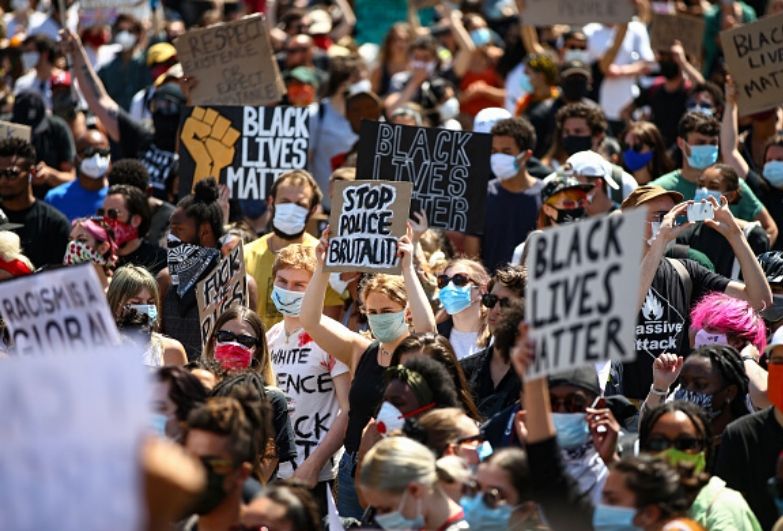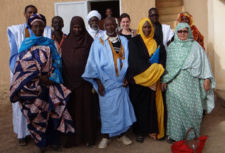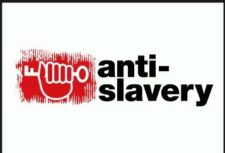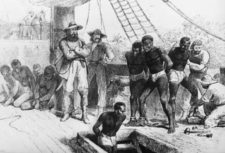Disclaimer: This article is more than 3 years old, and may not include the most up-to-date information or statistics. Please verify information with more recent sources as needed, and if you have any questions contact our Press Office.
Reflections from Ryna Sherazi, Anti-Slavery International

4 June 2020
It is a moment of reckoning.
Like so many of you reading this, we are in grief. In grief because of the recent deaths of George Floyd, Breonna Taylor, Ahmaud Arbery, Eric Garner and the countless people who have needlessly lost their lives due to individual and systemic prejudice all around the world. It is the same prejudice that fuels the widespread exploitation of fellow humans with whom we share our streets and neighbourhoods. In grief because, at Anti-Slavery International we see the results, daily, of the micro and macro aggressions that render people voiceless and vulnerable – unable to trust even those people and systems employed to protect them.
Slavery is often termed an invisible crime, and in many ways the resultant exploitation can be difficult to spot. It is our job, as allies, as colleagues, as friends, as people who want to do the right thing to do better so that the invisible comes into sharp focus. As William Wilberforce said ““You may choose to look the other way but you can never say again that you did not know.” I think that rings true for a lot of us as we witness, and take part in, this awakening.
There is a lot being said about educating ourselves individually; it is a noble pursuit to read more from black voices, from the perspective of people persecuted overtly and subtly. But we must go further. We can step out of our comfort zones, take responsibility, get to know people who experience a wholly different reality to us. To do so offers two parallel benefits; first, understanding racism and how it is perpetrated; and second, understanding the disadvantages that discrimination creates that renders people vulnerable to losing their liberty and their lives.
And we must reflect on ourselves, and the ways we may harbour prejudice, however subtly, in our hearts. To be truly anti-racist is to recognise that we may be part of problem and to be committed to changing ourselves.
Anti-Slavery International was set up 181 years ago to dismantle the systems that looted people’s freedoms due to the colour of their skin. Our work is far from finished. We see, daily, the abuses of power that strip people of their liberty and their lives. We work hand-in-hand with survivors and oppressed people, with partners, supporters and allies to change attitudes, to challenge power and to help end the systemic inequality that hampers efforts to bring freedom and justice for everyone, everywhere, always.
Could we do more? Absolutely. As an organisation representing a movement of people who care about freedom and justice we know we can do more, and we will. This is why our organisation commits to listen, to learn and to always, always do better until our mission is complete and all black lives matter.
“Those who profess to favor freedom, and yet deprecate agitation, are men who want crops without plowing up the ground.” Frederick Douglass American Abolitionist and reformer.





